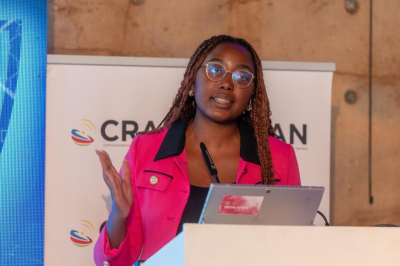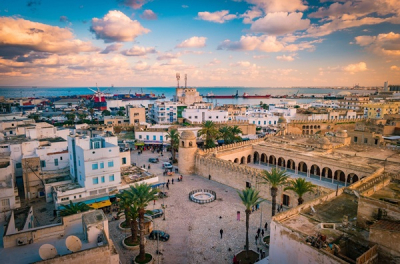E-commerce is often touted as the way of the future in Africa. The sector has grown exponentially in recent years and the International Finance Corporation (IFC) expects it to grow further in the coming years.
Last Tuesday, the African Development Fund (ADF) -the concessional window of the African Development Bank (AfDB)- and the Smart Africa Alliance announced a Memorandum of Understanding (MoU) to launch the Multinational - Institutional Support for Digital Payments and e-Commerce Policies for Cross-Border Trade (IDECT), which aims to streamline digital payments and e-commerce policies in ten African countries.
The MoU was signed in Zimbabwe by Lacina Koné (photo, left), the CEO of Smart Africa, and Leïla Mokaddem, Director General of the African Development Bank for Southern Africa on the sidelines of the 6th Transform Africa Summit (TAS), which runs until Friday, April 28, in Victoria Falls.
"This initiative will support the development of harmonized e-payment policies, capacity building, and gender-responsive frameworks, ultimately fostering a digital business ecosystem that generates employment opportunities across the continent," Leïla Mokaddem said.
According to the AfDB, IDECT will assess policy gaps in the digital trade and e-commerce ecosystems of Côte d'Ivoire, Benin, Ghana, Liberia, Uganda, South Sudan, Zimbabwe, Republic of Congo, São Tomé and Príncipe, and the Democratic Republic of Congo.
The 3-year project will be executed by the Smart Africa Alliance from Kigali (Rwanda) and jointly funded by the African Development Fund and Smart Africa.
Ultimately, IDECT's programs are expected to reach 600 participants, 60% of whom will be women and youth. In addition, a certified online training program will be designed for 2,500 participants, 60 percent of whom will be women. This program will be gender sensitive and address the specific challenges faced by women in the fields of e-commerce and digital business.
Samira Njoya



















